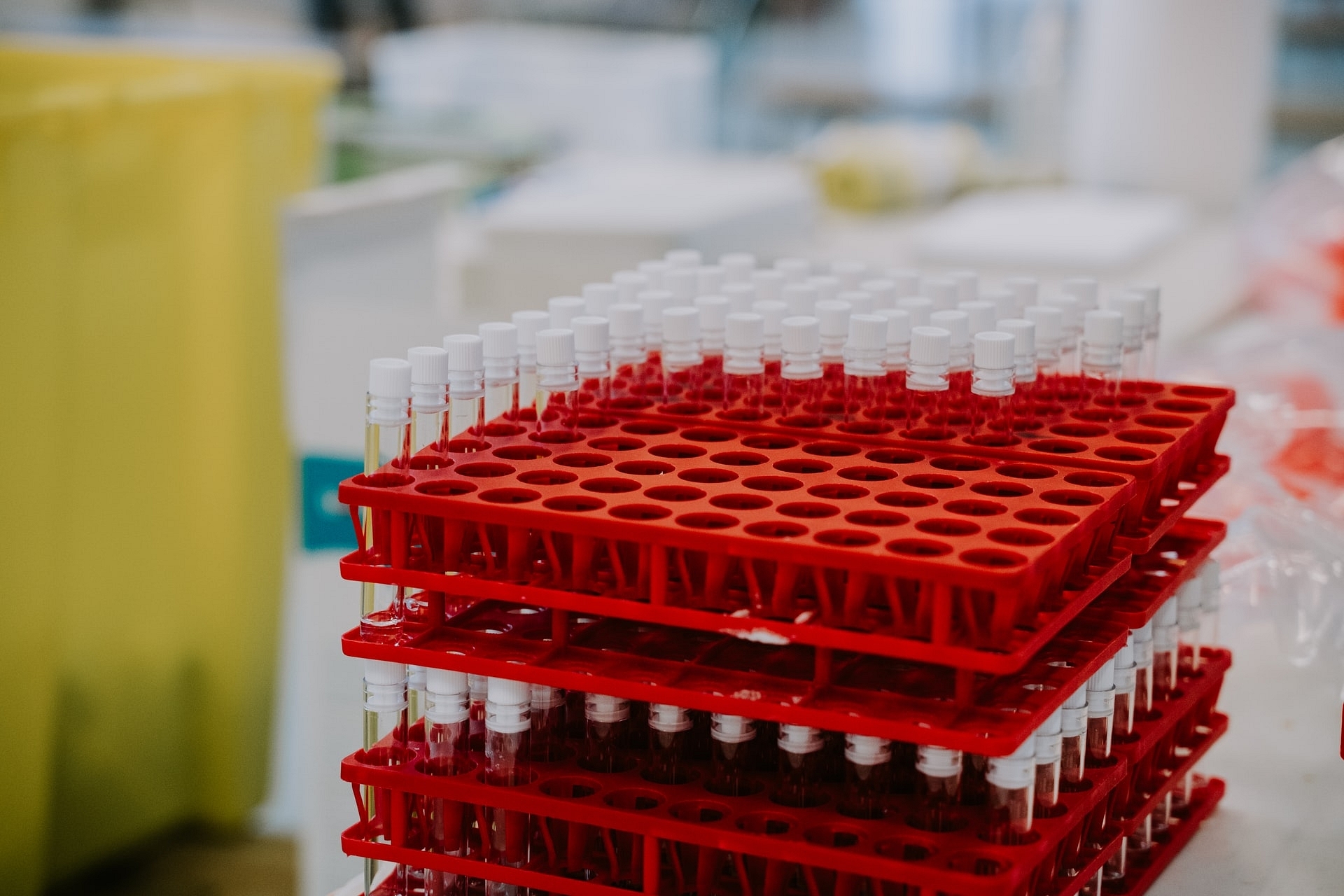Science
Status Check: No, Centre Is NOT 'Sitting On' Approvals To Other Vaccines
- India is following the standard approval process for all Covid-19 vaccines. No vaccine candidate's approval has been held back for arbitrary reasons.

Representative image (Unsplash)
Since the launch of the mass inoculation programme, Indian authorities have delivered over seven crore vaccines and earned global goodwill by exporting made-in-India shots to over 80 countries.
Indian drug regulators have so far given the green light to two vaccines — Covishield by the Oxford University-AstraZeneca collaboration, manufactured by Serum Institute of India (SII); and Covaxin by Indian biotechnology company Bharat Biotech.
But what about other vaccines?
American drugmaker Pfizer and its German partner BioNTech have developed an mRNA vaccine that is currently being used in the United States of America (US) and the United Kingdom (UK).
In February, India’s expert panel on Covid-19 drugs and vaccines sought more data from Pfizer in order to grant emergency-use authorisation for its vaccine candidate.
This was so because of the absence of a plan on the company’s part to generate safety and immunogenicity data on the Indian population. It quickly led to Pfizer withdrawing its application.
In January, Tata Medical and Diagnostics said it had started the initial talks with US drugmaker Moderna for a partnership to launch its vaccine in India.
Reports added that Tata could collaborate with the Council of Scientific and Industrial Research to conduct a clinical trial of the Moderna vaccine in the country.
But, so far, there is little known about progress with the deal.
According to a Reuters report based on a source, "US companies want to produce vaccines in India under joint ventures."
Additionally, the source says: "They want faster approvals for clinical trials and emergency authorisation use. They fear the government will introduce price control policies.”
Vaccines made by Pfizer and Moderna have been found to be over 90 per cent effective, but the shots are expensive compared to the two available currently in India.
On 27 March, Adar Poonawalla, chief executive of SII, said in a tweet that Novavax, another American pharmaceutical company, had begun trials of its Covid-19 vaccine in India.
SII and Novavax have jointly developed Covovax, which has been tested against variants from South America and the UK. The vaccine was found to have 89 per cent efficacy.
It is hoped that Covovax will be launched by September this year.
According to other reports, India has decided to manufacture Johnson & Johnson’s single-dose vaccine as part of the first Quad vaccine initiative.
The US and Japan will finance this project and Australia will use its logistic functions to ship the vaccines to the South Asian and Pacific countries. The aim is to roll out 100 crore doses by 2022.
Within India, Hyderabad-based vaccine maker Biological E will be manufacturing the J&J vaccine.
The US Food and Drug Administration and World Health Organization have issued emergency authorisation for the J&J vaccine. However, it needs to clear the trials in India.
Only recently, a batch of Johnson & Johnson's Covid-19 vaccine failed quality standards. In this case, it was working with the manufacturer Emergent BioSolutions. As many as 150 lakh doses are said to be affected.
Given the country’s recent coronavirus wave, economist Shruti Rajagopalan has suggested that India could reach a point where both the national and global vaccine demands overwhelm the domestic manufacturing ability.
In that case, she has said that the Indian government can accelerate the approval of other vaccines.
With a clear need to keep the vaccination momentum going, India can look at other vaccine options. However, as it has been doing, a look at local safety and efficacy profiles before diving in will be in the country’s interest.
Introducing ElectionsHQ + 50 Ground Reports Project
The 2024 elections might seem easy to guess, but there are some important questions that shouldn't be missed.
Do freebies still sway voters? Do people prioritise infrastructure when voting? How will Punjab vote?
The answers to these questions provide great insights into where we, as a country, are headed in the years to come.
Swarajya is starting a project with an aim to do 50 solid ground stories and a smart commentary service on WhatsApp, a one-of-a-kind. We'd love your support during this election season.
Click below to contribute.
Latest